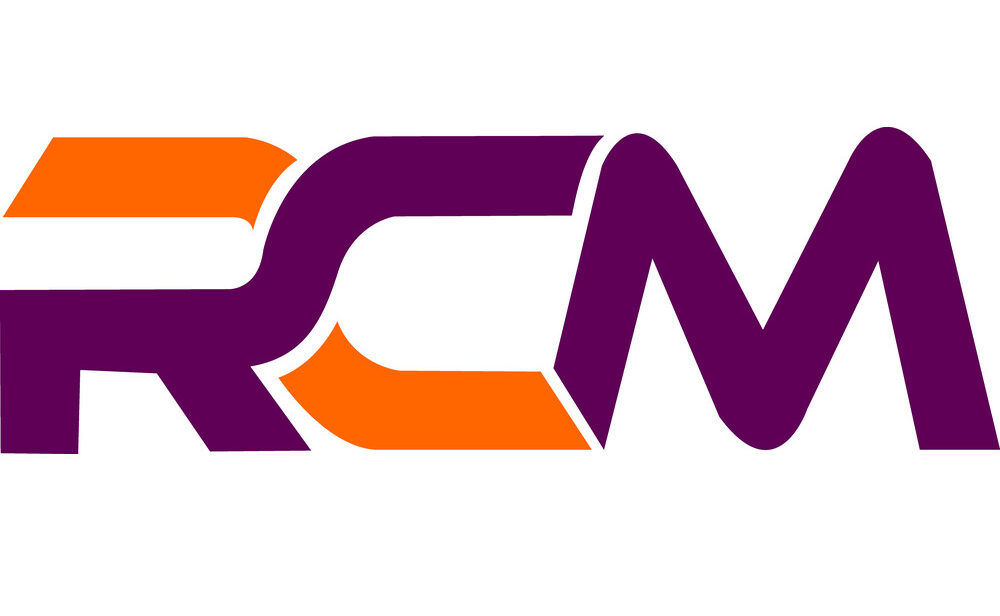“Explore the latest advancements in Revenue Cycle Management (RCM) with our in-depth guide featuring seven cutting-edge innovations revolutionizing healthcare finance. From AI-powered predictive analytics to blockchain technology and telehealth integration, discover recent updates shaping the future of RCM and optimizing revenue cycle performance.”
Introduction:
Revenue Cycle Management (RCM) stands at the forefront of healthcare finance, encompassing the processes and strategies healthcare providers employ to manage patient revenue, from appointment scheduling to claims reimbursement. In recent years, RCM has undergone significant transformations driven by technological advancements, regulatory changes, and evolving patient expectations. In this comprehensive blog, we’ll delve into seven cutting-edge innovations revolutionizing RCM, incorporating recent updates and insights into this critical aspect of healthcare finance.
AI-Powered Predictive Analytics: Forecasting Financial Performance:
AI-powered predictive analytics has emerged as a game-changer in RCM, enabling healthcare providers to forecast financial performance with unprecedented accuracy. Recent updates in AI algorithms and machine learning techniques have enhanced the predictive capabilities of RCM platforms, allowing providers to anticipate revenue trends, identify potential bottlenecks, and optimize revenue streams. By harnessing the power of data analytics, providers can make data-driven decisions to improve revenue cycle efficiency and financial outcomes.
Blockchain Technology: Securing Patient Data and Transactions:
Blockchain technology is revolutionizing healthcare RCM by providing a secure and transparent platform for managing patient data and financial transactions. Recent updates in blockchain adoption have facilitated secure data sharing, streamlined claims processing, and reduced instances of fraud and errors in RCM. By leveraging blockchain-based solutions, healthcare providers can ensure the integrity and privacy of patient information while enhancing the efficiency and trustworthiness of revenue cycle processes.
Telehealth Integration: Enhancing Patient Engagement and Billing:
The rise of telehealth has transformed the way healthcare services are delivered and billed, presenting new opportunities and challenges for RCM. Recent updates in telehealth integration have enabled seamless billing and reimbursement processes for virtual visits, ensuring accurate documentation and coding of telehealth encounters. By integrating telehealth platforms with RCM systems, providers can improve patient engagement, streamline billing workflows, and maximize revenue capture in the era of virtual care.
Automated Denial Management: Optimizing Revenue Recovery:
Automated denial management solutions are revolutionizing revenue recovery efforts by streamlining the identification, tracking, and resolution of claim denials. Recent updates in denial management technology have introduced AI-driven algorithms and predictive analytics to identify patterns and root causes of denials proactively. By automating denial workflows and implementing targeted interventions, healthcare providers can minimize revenue leakage, accelerate reimbursement, and enhance overall revenue cycle performance.
Patient Financial Experience Platforms: Empowering Financial Transparency:
Patient financial experience platforms are reshaping the way healthcare organizations engage with patients regarding their financial responsibilities. Recent updates in patient financial experience solutions offer personalized cost estimates, payment options, and financial assistance resources to patients, empowering them to make informed healthcare decisions. By providing transparency and support throughout the billing process, providers can improve patient satisfaction, reduce billing inquiries, and optimize revenue collection.
Value-Based Reimbursement Models: Aligning Incentives for Quality Care:
The transition to value-based reimbursement models is driving significant changes in RCM, incentivizing providers to focus on delivering high-quality, cost-effective care. Recent updates in value-based care initiatives emphasize outcomes-based payment arrangements, shared savings models, and performance incentives tied to quality metrics. By aligning financial incentives with patient outcomes and population health goals, value-based reimbursement models promote collaboration, innovation, and accountability across the healthcare continuum.
Robotic Process Automation (RPA): Streamlining Administrative Tasks:
Robotic Process Automation (RPA) is streamlining administrative tasks and reducing manual workload burdens in RCM operations. Recent updates in RPA technology have enabled the automation of repetitive tasks such as data entry, eligibility verification, and claims processing. By deploying RPA solutions, healthcare providers can achieve greater operational efficiency, minimize errors, and accelerate revenue cycle workflows, freeing up resources to focus on strategic initiatives and patient care delivery.
Conclusion:
In conclusion, the landscape of healthcare RCM is undergoing a profound transformation fueled by technological innovation, regulatory reforms, and evolving care delivery models. The seven cutting-edge innovations discussed in this blog represent the forefront of RCM evolution, offering healthcare providers new opportunities to optimize revenue cycle performance, enhance patient financial experiences, and achieve financial sustainability in an increasingly complex healthcare environment. By embracing these innovations and staying abreast of recent updates, providers can navigate the challenges of RCM effectively and position themselves for success in the dynamic healthcare landscape of the future.
Disclaimer:
The information provided in this blog is intended for informational purposes only and should not be construed as financial, legal, or medical advice. While we strive to provide accurate and up-to-date information, we make no representations or warranties of any kind, express or implied, about the completeness, accuracy, reliability, suitability, or availability of the information contained herein. Any reliance you place on the information provided is strictly at your own risk. We are not liable for any losses or damages arising from the use of this information. It is recommended to consult with qualified professionals or experts in the relevant fields for specific advice tailored to your individual circumstances.

